The Importance of Paying Attention to Details
Big things start out as little things. I’m sure that you’ve heard it said, “Don’t sweat the small stuff.” I would argue the opposite. I think the small stuff is exactly what we should sweat. Little things accumulated over time are what big things are made of. The things we read, listen to, watch, eat, say, think, do, use, etc. become bigger and bigger even if we aren’t paying any attention to them. Sometimes especially when we aren’t.
Details are critical to every outcome. We start in one direction only to realize later that we aren’t where we wanted to be. Whether you’re building a model car, a building, a business or your life. You need to constantly be paying attention to the details to be sure things are proceeding the way you want.

1/16” is a measurement small enough that many people don’t even know where it is on a tape measure. This seemingly insignificant dimension can have a profound impact. When laying out a 100’ long building foundation, being off by just 1/16” in the first foot will increase to more than a 6” mistake in the end.
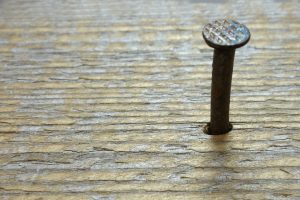
How about a little thing like a nail? What if when building a house, the builder decided that nails were too small to be concerned with. A detail that would take too much time to worry about. How well do you think that house would be built? A 1200 -1500 square foot house typically uses around 12,000 nails. That’s a lot of little things to leave out.

Often if someone sees a penny on the ground they will leave it there. It isn’t worth bending over and picking it up. It is just a penny, one cent. Most of us at some time have saved loose change in a piggy bank or a jar. It always amazed me how much could be accumulated in a relatively small period of time. The first banker that I met as a teenager told me, “If you take care of the pennies, the dollars will take care of themselves.” Another small thing that can make a big difference.

Time is another big thing made up of little things. There are 86,400 seconds in a 24-hour day. 86,400 is a big number, but that’s only 3,600 minutes per day. 60 seconds per minute multiplied by sixty minutes per hour multiplied by 24 hours per day. And that quickly 86,400 seconds have been spent. We all know how fast time goes, so we need to be intentional how we spend each and every one of the seconds which we have been given.
My Grandpa told me that “if something is worth doing, it’s worth doing right”. Paying attention to the details is a part of doing things right
Paying attention to details is one of my core values. Find more about my other core values here:
https://www.solutionbuilding.net/using-core-values-as-my-life-filter/
https://www.solutionbuilding.net/getting-back-to-the-core/
https://www.solutionbuilding.net/the-importance-of-intentionality-for-building-your-dream-life/
https://www.solutionbuilding.net/taking-off-the-blinders-helps-you-see-the-big-picture/
A book full of examples of little things that I would recommend reading, is “The Little Things, Why You Really SHOULD Sweat the Small Stuff”, by Andy Andrews.



 I decided to write about this core value while reading “The Seventh Most Important Thing”, by Shelley Pearsall. In the story Mr. Hampton leaves a hand-written message for Arthur on a piece of cardboard,
I decided to write about this core value while reading “The Seventh Most Important Thing”, by Shelley Pearsall. In the story Mr. Hampton leaves a hand-written message for Arthur on a piece of cardboard,  It has been my experience when building a building that people have a dream of what they envision the finished project to look like. The problem is, they don’t know how to get that dream from their head to a physical structure. This is where vision comes in. The vision is the process of taking the imagined and turning it into reality. This provides a clear and intentional plan for building the dream.
It has been my experience when building a building that people have a dream of what they envision the finished project to look like. The problem is, they don’t know how to get that dream from their head to a physical structure. This is where vision comes in. The vision is the process of taking the imagined and turning it into reality. This provides a clear and intentional plan for building the dream.
 importance of being intentional about the plan.
importance of being intentional about the plan.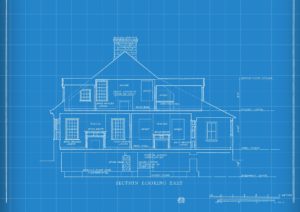 Think of your life or business as a construction project. It all begins with a dream. You can see the vision of the completed project in your mind. The tricky part is getting that dream out of your head and making it a reality? Having it drawn out will let you see if it looks like your dream or not. It’s better and easier to make changes and corrections during the planning, rather than the construction. It improves the clarity of communication between all parties involved.
Think of your life or business as a construction project. It all begins with a dream. You can see the vision of the completed project in your mind. The tricky part is getting that dream out of your head and making it a reality? Having it drawn out will let you see if it looks like your dream or not. It’s better and easier to make changes and corrections during the planning, rather than the construction. It improves the clarity of communication between all parties involved.
 Most people seem to be looking forward to retirement. Often, it’s viewed as the target that we should be aiming at. Once we’ve reached retirement, everything is smooth sailing from there. We can sleep in, don’t have to get up and go to a JOB; no more rat race for us. I’ve worked hard my whole life and now I get the ‘retirement prize’.
Most people seem to be looking forward to retirement. Often, it’s viewed as the target that we should be aiming at. Once we’ve reached retirement, everything is smooth sailing from there. We can sleep in, don’t have to get up and go to a JOB; no more rat race for us. I’ve worked hard my whole life and now I get the ‘retirement prize’.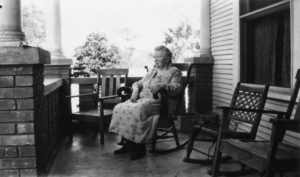 forced to work for a ruler, required to serve a king or had mandatory employment to some dictator. This gave little or no freedom for personal choices or for the opportunity to live the life of your dreams. Retirement, as it is most commonly thought of today, can be traced to a program designed by Otto von Bismarck, a German Chancellor, in 1881
forced to work for a ruler, required to serve a king or had mandatory employment to some dictator. This gave little or no freedom for personal choices or for the opportunity to live the life of your dreams. Retirement, as it is most commonly thought of today, can be traced to a program designed by Otto von Bismarck, a German Chancellor, in 1881 

 At an early age we begin the process of planning our lives. We have an image of how our life is going to look, what we are going to do, who is going to enjoy it with us, etc. Sometimes those plans are well thought out and designed. They come with pages and pages of blueprints including all types of details, complete with engineering calculations. Some plans are more the ‘scribbled on a piece of scrap paper idea’. Either way we have that picture of what we think our life should be.
At an early age we begin the process of planning our lives. We have an image of how our life is going to look, what we are going to do, who is going to enjoy it with us, etc. Sometimes those plans are well thought out and designed. They come with pages and pages of blueprints including all types of details, complete with engineering calculations. Some plans are more the ‘scribbled on a piece of scrap paper idea’. Either way we have that picture of what we think our life should be.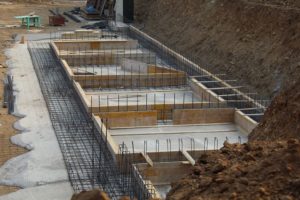

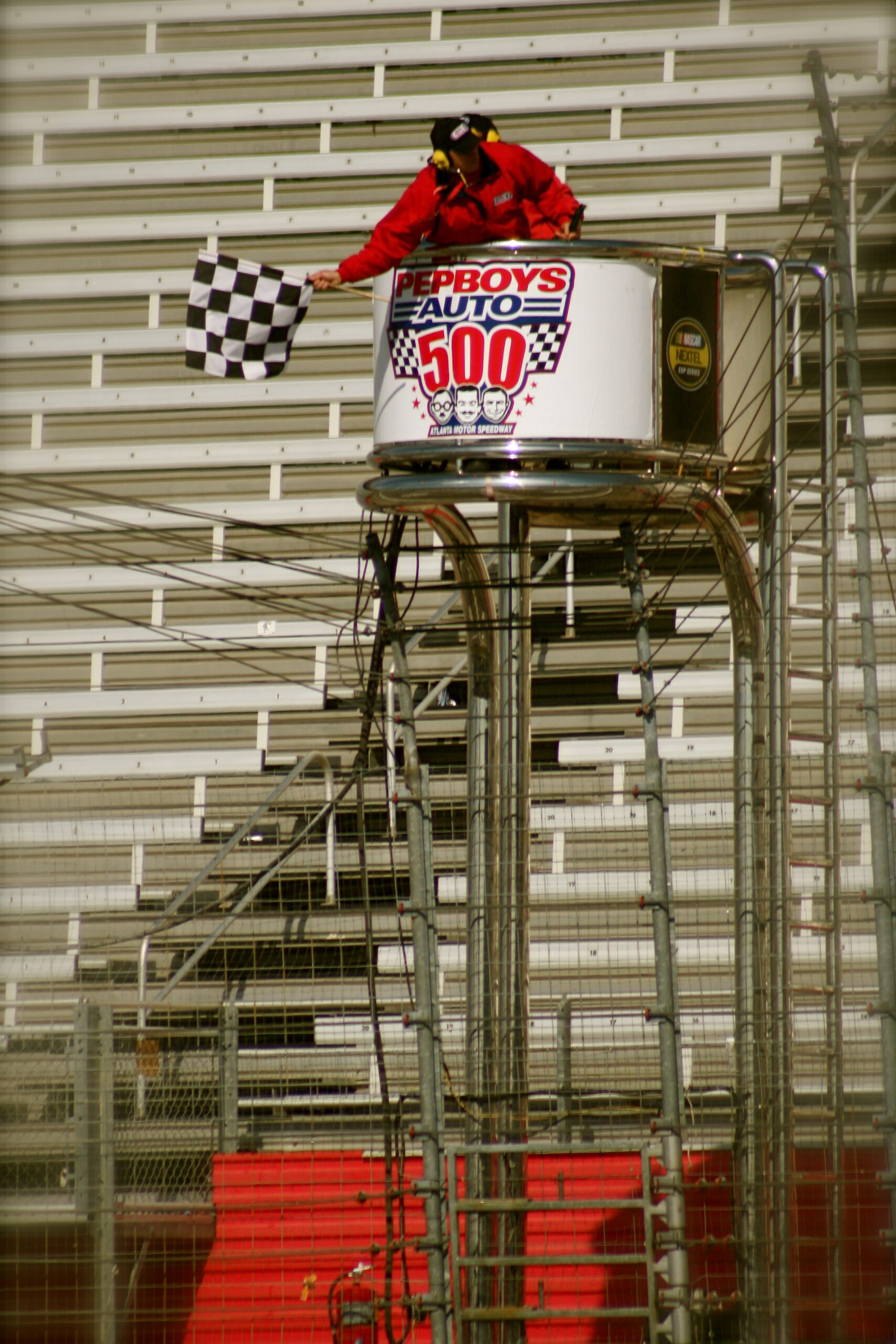



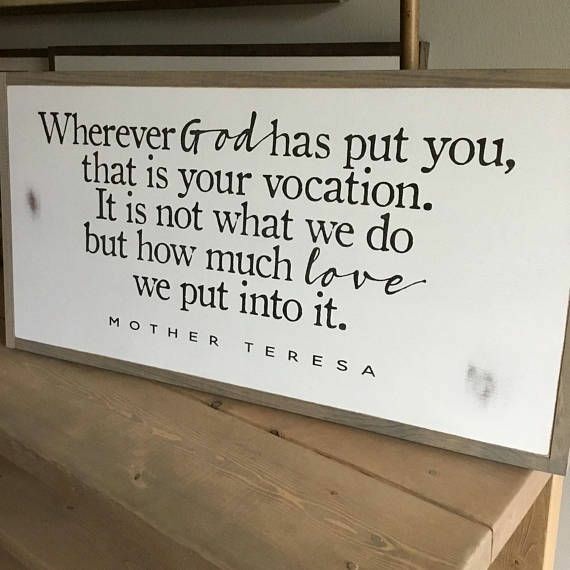
 waking up every morning and knowing there are countless possibilities and opportunities to help people build their dreams. I mean I really love my life. Is it perfect? No, not by a long shot. Are there bad days? Sure. But perfection isn’t a requirement for loving the chance to fulfill your purpose.
waking up every morning and knowing there are countless possibilities and opportunities to help people build their dreams. I mean I really love my life. Is it perfect? No, not by a long shot. Are there bad days? Sure. But perfection isn’t a requirement for loving the chance to fulfill your purpose. As a builder I really connect with God as a designer/builder. He has drawn a blueprint for each and every one of us. He has made all of those plans different. Some may be similar, but every single one is unique. It is our job to learn to read our own blueprints and start swinging the hammer and driving the nails to build who we were designed to be.
As a builder I really connect with God as a designer/builder. He has drawn a blueprint for each and every one of us. He has made all of those plans different. Some may be similar, but every single one is unique. It is our job to learn to read our own blueprints and start swinging the hammer and driving the nails to build who we were designed to be. 




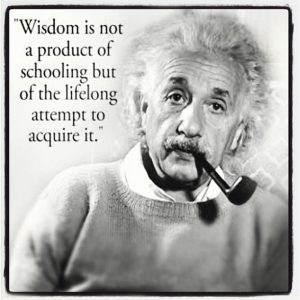 I have always seen wisdom as just knowing the right things to do. Not some old sage living all alone in a cave on a mountain that has all of the answers to life’s questions. However, the more I think about it, the more I wonder if this image isn’t pretty close to what wisdom actually is like. Let’s break this down and look at it.
I have always seen wisdom as just knowing the right things to do. Not some old sage living all alone in a cave on a mountain that has all of the answers to life’s questions. However, the more I think about it, the more I wonder if this image isn’t pretty close to what wisdom actually is like. Let’s break this down and look at it.